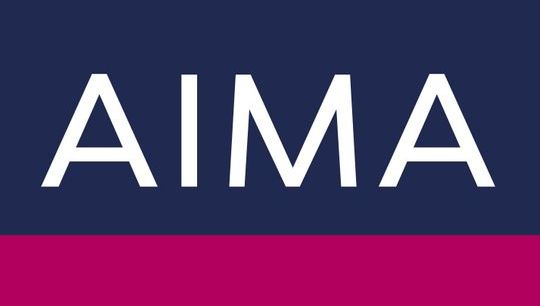AIMA/S3: Basel III fundamentally changes how asset managers are connected to the financial system
Published: 20 January 2016
Basel III reforms have fundamentally changed how asset managers are connected to the financial system, with hedge funds challenged to understand expense, usage and access to the financing power grid, according to a joint survey and report by the Alternative Investment Management Association (AIMA), the global representative body for alternative asset managers, and S3 Partners, a leading financial data, analytics and services firm.
Jack Inglis, CEO of AIMA, commented: “There is no doubt that the Basel III banking standards are having a significant impact on hedge funds and other alternative asset managers. Financing costs are rising and the fund manager / prime broker relationship is changing fundamentally. It is our hope that this timely and important report will provide clarity and direction to those who have felt the impact of the recent regulations, and to give context to issues that are being felt across the industry.”
Bob Sloan, CEO of S3 Partners, commented: “New bank capital regulations are creating downstream financing challenges and opportunities for asset managers and hedge funds. The survey clearly shows how plugging into the financial power grid is getting more expensive.”
Mr Sloan continued: “Managers of all shapes, sizes and strategies now seek to answer the question: How can we maintain access to the grid, while optimizing for the right amount of efficiency? As the survey results show, access to unbiased data, comprehensive Return on Assets/Return on Equity analytics, and a common language are critically important towards determining fairness – as rates, margin, spreads and contracts will be a key determinant for an asset managers’ success.”
Rising financing costs
The survey of fund managers worldwide found that:
- Financing costs have risen for 50% of firms, with an even split between those who quantify the level of cost increase as being greater than 10% and below 10%.
- 75% of firms expect further cost increases over the next two years.
- The impact is consistent regardless of a fund manager’s size, investment strategy or location.
Rethinking prime brokerage relationships
Fund managers responding to the survey said they are having to rethink their prime brokerage relationships due to Basel III.
- 75% have been asked to change how they do business with their prime brokers, while more than 67% have had to cut the amount of cash they keep on their brokers’ balance sheets.
Importantly, the survey found that:
- Most alternative asset managers over the last two years have either maintained or increased the number of prime brokers they use, with the average number of financing relationships found to be four.
- Only 20% of fund managers have a clear understanding of how their prime brokers calculate their worth in terms of the revenue they provide relative to balance sheet impact, known as “return on assets” or RoA. Fewer still have the data necessary to calculate this themselves.
Defining key terms
The survey, titled ‘Accessing the Financial Power Grid: Hedge fund financing challenges under Basel III and beyond’, also highlighted a lack of consensus around the meaning of a number of prime brokerage terms, such as “reconciliation”, “collateral management” and “collateral optimisation”. AIMA and S3 say this highlights the need for a common language to define key terms.
Recommendations
Hedge fund managers can put themselves in a stronger position to deal with the changing nature of the prime brokerage relationships. To maintain access to the “grid” of financing, manage their overall cost of doing business, and optimise the mutual value of their prime brokerage and counterparty relationships within the new regulatory landscape, hedge funds and other investment managers must increasingly:
- Make sure they have the right data, including unbiased data sources.
- Use a different set of analytic tools and calculation.
- Make sure that they and their financing counterparties are speaking a common language to promote beneficial financing relationships and effective collateral management activities.
The survey is comprised of 78 alternative asset managers with combined assets under management (AUM) of more than $400bn. Respondents ranged from small single-strategy managers (under $100m of AUM) to large global multi-strategy managers (over $10 billion of AUM).
ENDS
Note to Editors
To download ‘Accessing the Financial Power Grid: Hedge fund financing challenges under Basel III and beyond’, click here.








